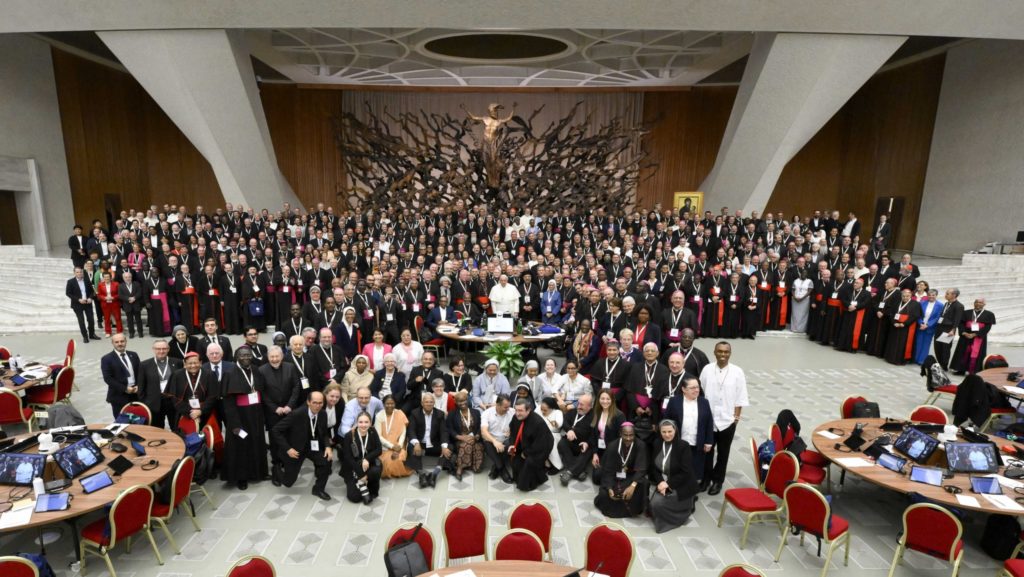ROME — In 1946, a 13-year-old boy growing up in the small town of Trinity, Texas, discovered that a neighbor named Charles Hazard had ground up glass, mixed it with food, and fed it to his dog, thereby killing him, because Hazard was upset the dog had a habit of crossing into his yard.
Seeking revenge, the boy remembered that Hazard was a member of the City Council and had an election coming up. The boy got a learner’s permit and used the family car to drive scores of black residents to the polls, informing all that Hazard had killed his dog. Hazard lost by 16 votes, and the boy, named Charlie Wilson, fell in love with politics.
Years later, Congressman Charles Wilson would lead the House Appropriations Subcommittee on Defense to pump $5 billion between 1980 and 1989 into covertly arming the Mujaheddin in Afghanistan in their resistance against Soviet occupation. The Soviets withdrew in disgrace in February 1989, and the Berlin Wall came down nine months later.
One could say, therefore, that Charles Hazard set the end of the Cold War in motion by being mean to a neighbor’s dog.
Moral of the story: Big things often result from small beginnings.
It seems an apt note upon which to begin a reflection upon the recently concluded Synod of Bishops on Synodality, which ended without any of the mammoth changes which, at one point or another, had been anticipated: No women deacons, no expansion of a married priesthood, no new theology of “LGBTQ+” relations. While there was a great deal of rhetoric about dialogue, participation, and consultation, in the end many observers were tempted to ask if it was really all sound and fury signifying nothing.
In reality, there were several concrete recommendations in the synod’s final document, most basically noncontroversial, which it’s reasonable to expect to see implemented over the next couple of years.
Parish Councils: Canon 536 of the Code of Canon states that pastoral councils in parishes are to be established only if the bishop “considers it opportune.” While parish councils are more or less standard practice in the U.S., this isn’t true of much of the rest of the Catholic world. The synod strongly hinted that these councils should be made mandatory for the universal Church.
Finance Councils: Canon law does require each parish to have a finance council, but experience seems to vary in terms of how active these bodies are, how often they meet, which sorts of transactions they oversee, and so on. It’s likely that in the near future, new directives will spell out matters such as who should belong to these councils, how they should be chosen, which transactions should require the approval of the finance council, and so on.
Scaling Up: The same points made above regarding councils in the parishes also apply to the diocesan level. Moreover, the document also anticipates networking among the councils of various parishes in a diocese, and among the diocesan councils of a given region or nation.
Synods: The document also calls for the regular practice of diocesan, provincial, and regional synods, all based on the model of bringing bishops into conversation with various constituencies in the Church. There’s every reason to expect that canon law may be amended in fairly short order to require that such bodies meet on a regular basis. It’s also likely to be recommended that special emphasis be given to opening such gatherings to women and youth, to Catholics traditionally alienated from church life, and, where appropriate, to ecumenical, interfaith, and secular partners.
“Intermediate” Spaces: The concluding document encouraged the development of intermediate bodies between the universal Church (which in political argot usually means Rome) and the local church. Such spaces would include ecclesiastical provinces and national and regional groupings of churches. In the proximate future, it’s likely that such forums will be encouraged, with the idea of including not just hierarchs and apparatchiks but ordinary believers as well.
Cynics might roll their eyes and moan that the most likely outcome of all the above will be countless additional hours consumed in committee meetings. Frankly, there’s probably some truth to such forecasts.
But ponder this: Suppose this new thrust toward participation and consultation prompts just 1% of Catholics to move from inert to engaged. Globally, even that tiny percentage shift would translate into a vast pool of 1.3 million people suddenly taking a keener interest in church affairs, putting in their two cents and expecting to be heard.
What might that mean?
As with Charles Hazard and that dog, we simply don’t know. Perhaps all these newly energized Catholics will rise up and demand the changes the synod failed to deliver. Or, perhaps the kind of people most likely to elect to become involved actually will be those most attached to traditional teaching and practice, and end up leading a sort of restorationist push.
Perhaps they’ll tire of politics, tire of consultations and “conversation in the Spirit,” and decide to go out and actually do something instead. Maybe they’ll launch movements, convert souls, swim seas, move mountains, reach the unreachable star and fight for the right without question or pause. All at this stage are equally possible outcomes, and none can be excluded a priori.
To put the point differently, by emphasizing the creation of myriad new mechanisms for getting people involved, the Synod of Bishops on Synodality has in effect opted for unpredictability.
That’s the thing about encouraging people to get involved: You can’t control what they’ll do once they are. Therein lies the drama … not so much of today, perhaps, but quite possibly of tomorrow.

